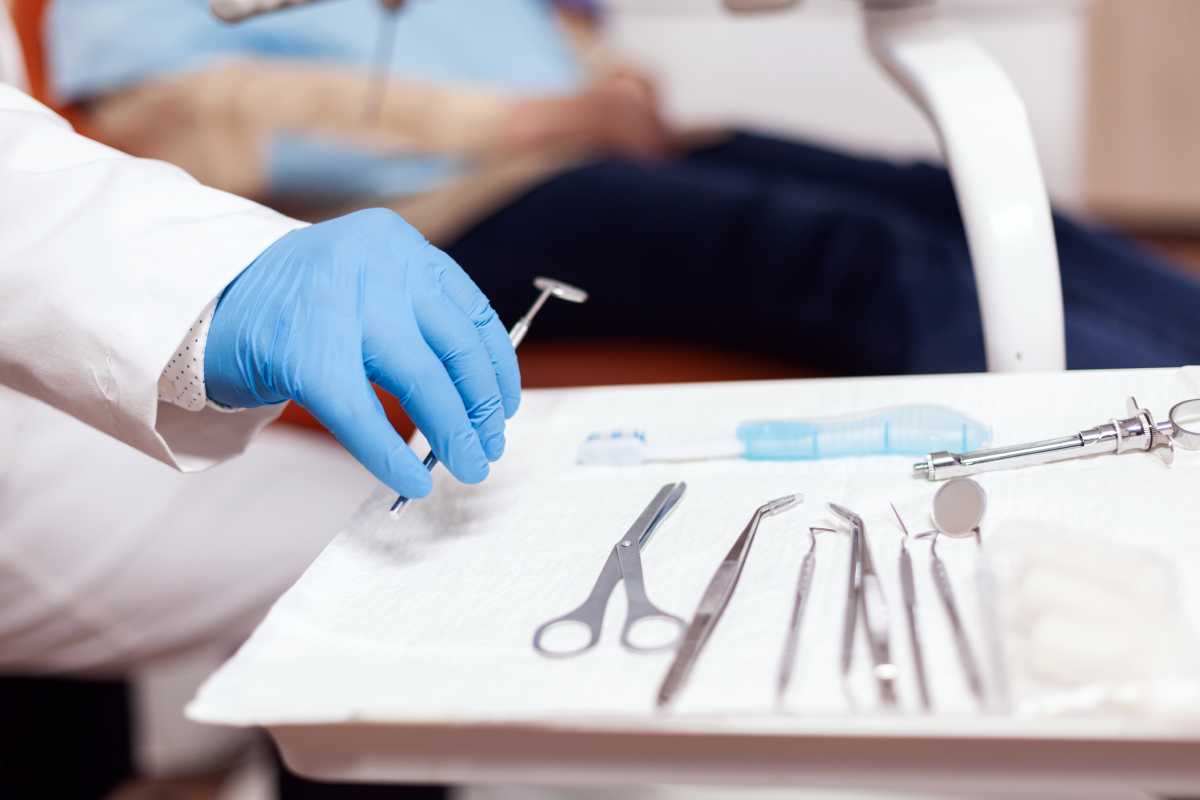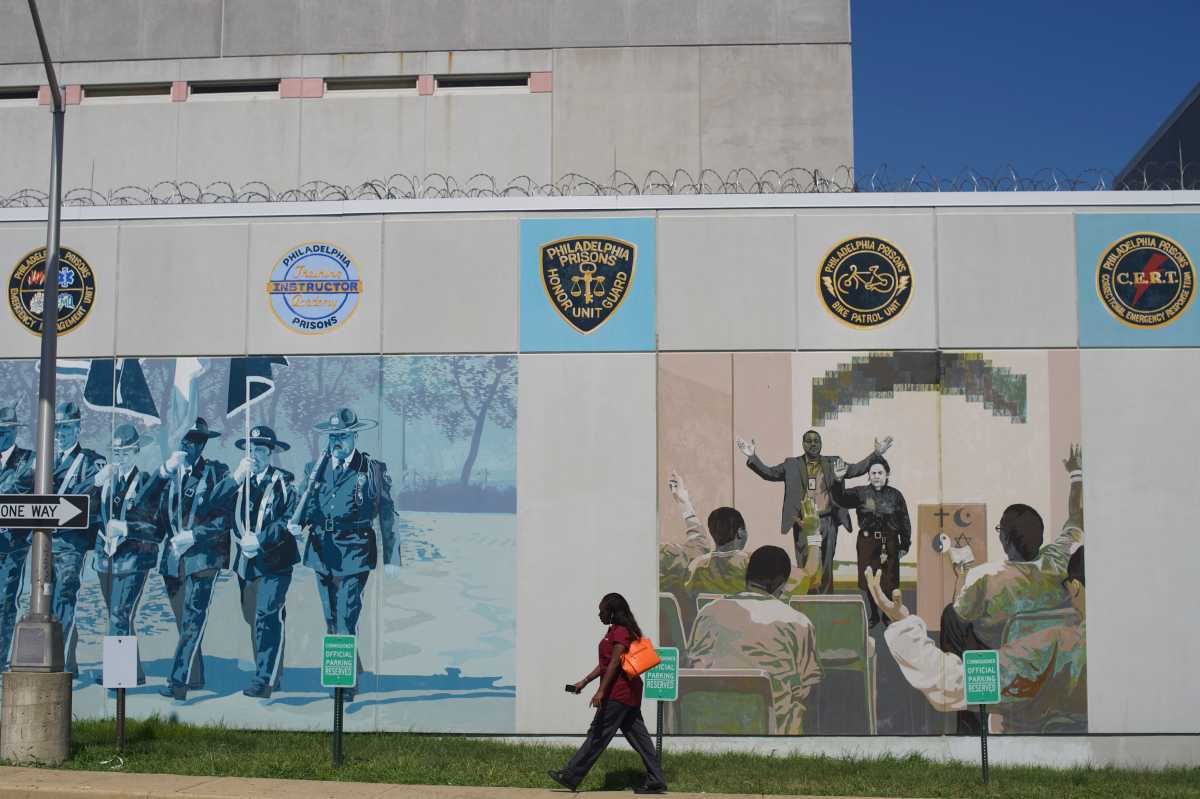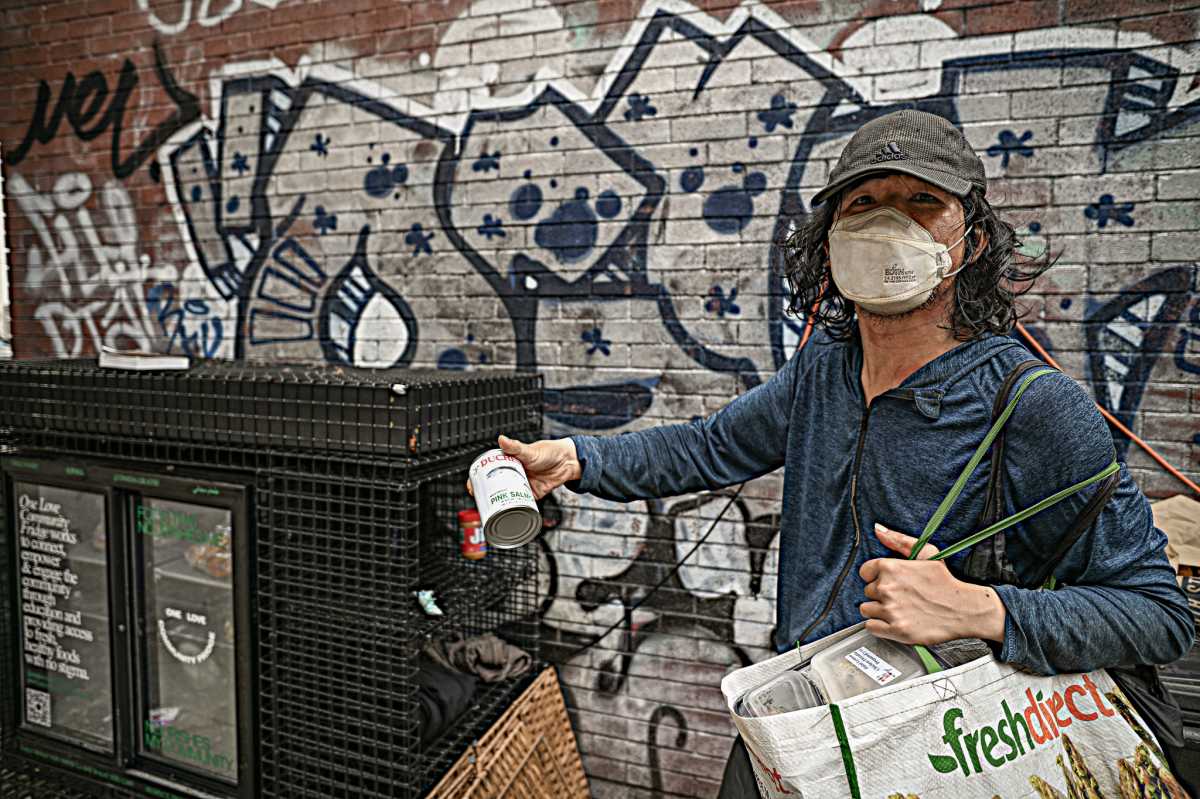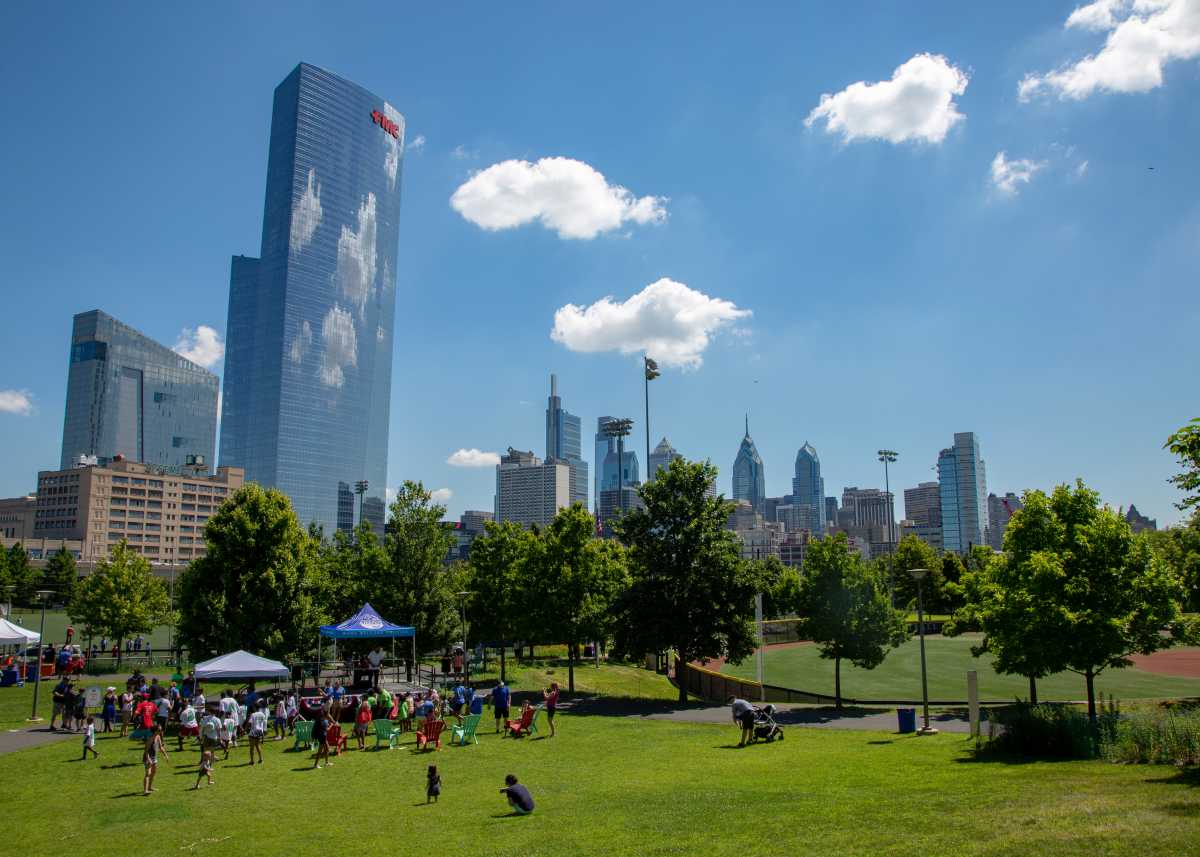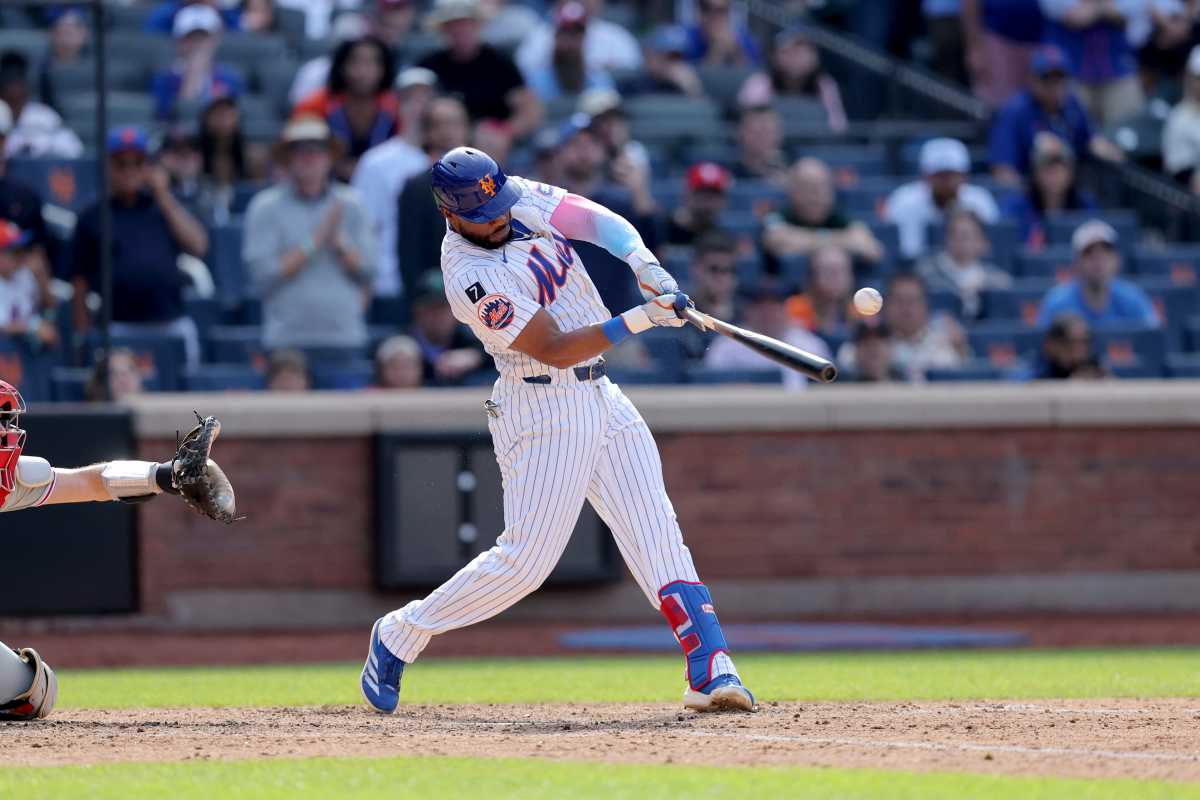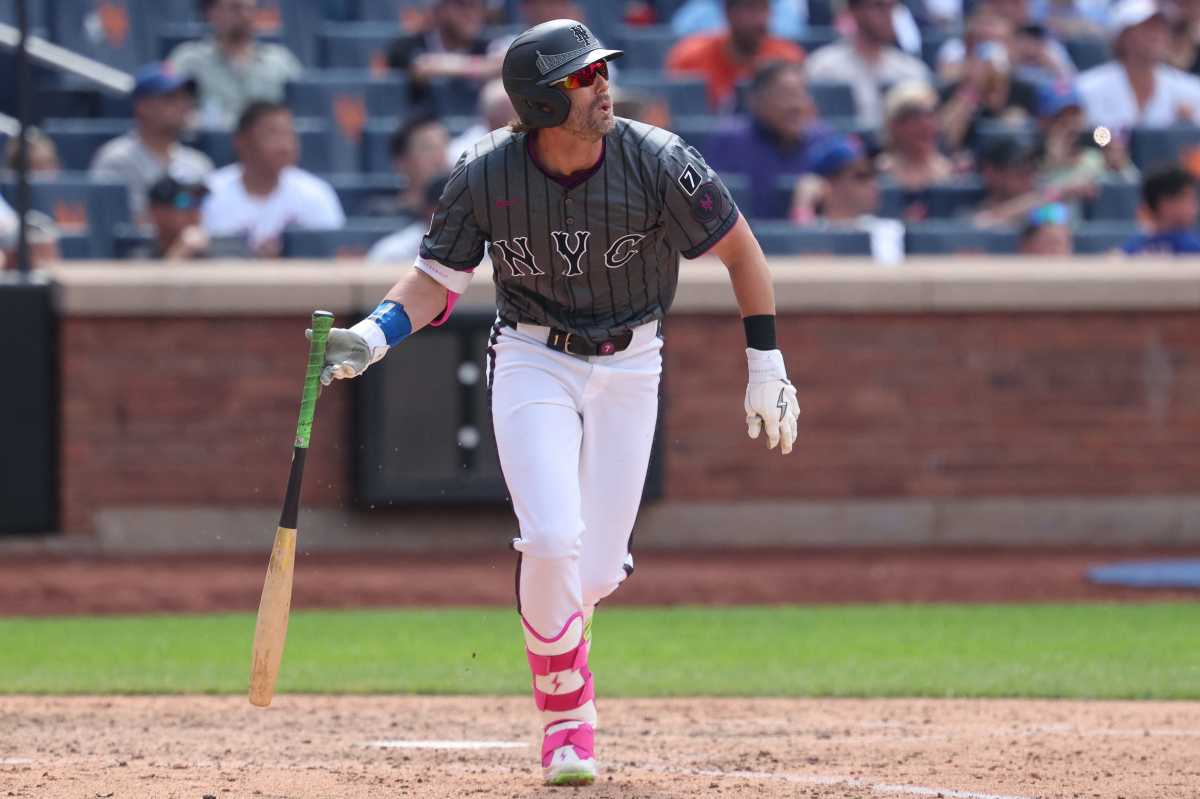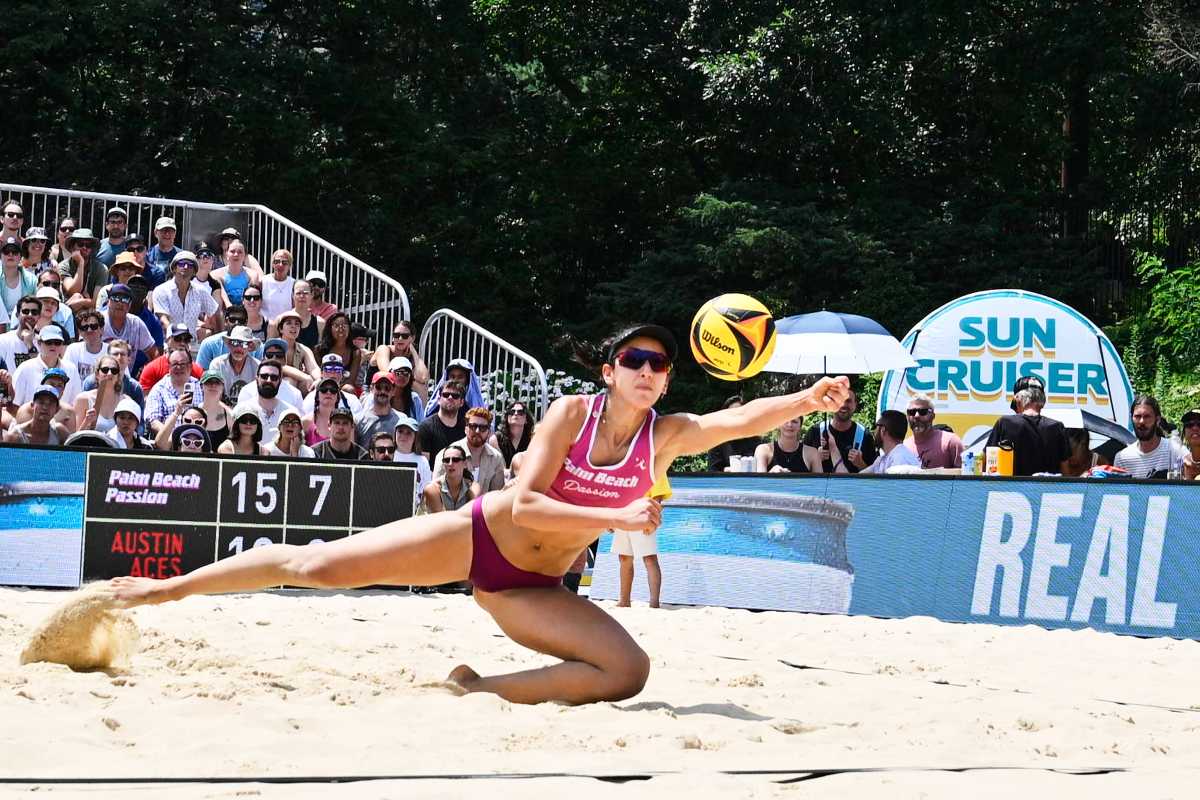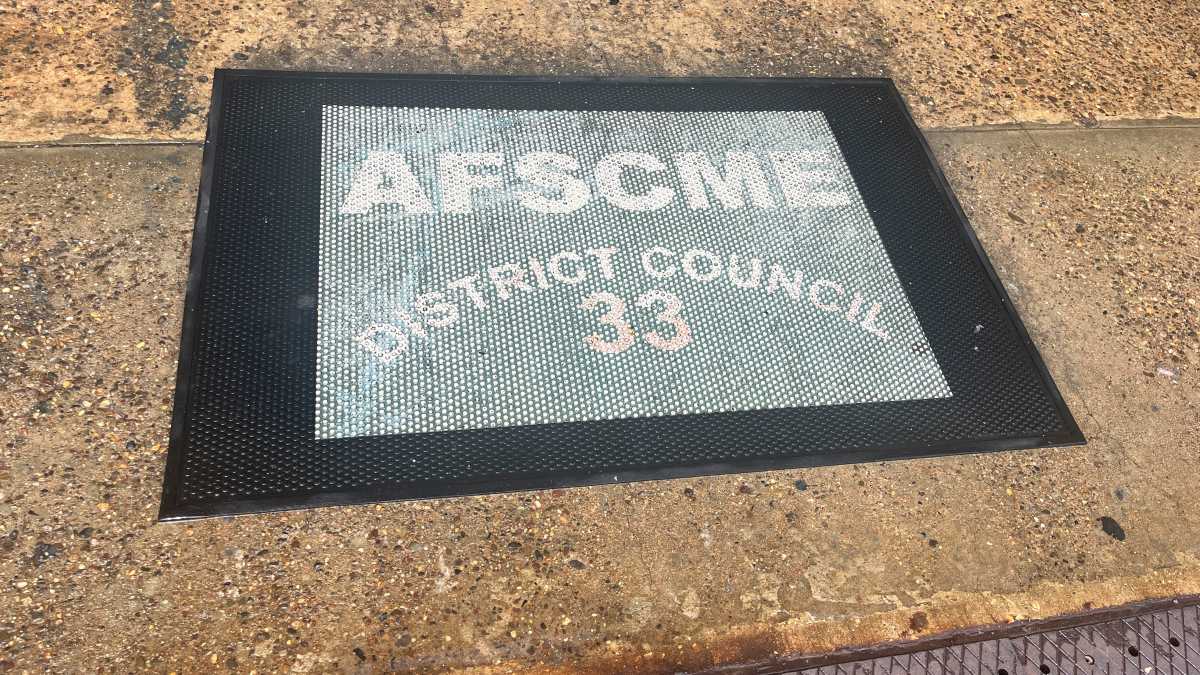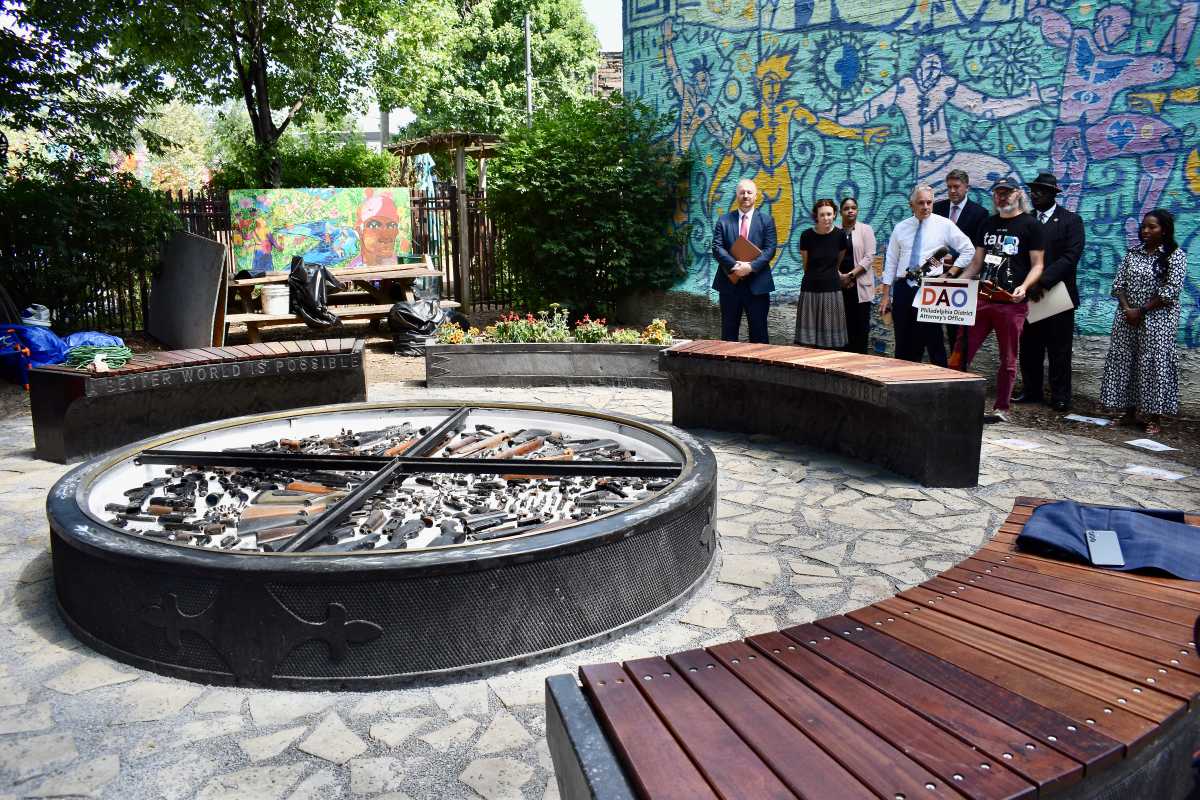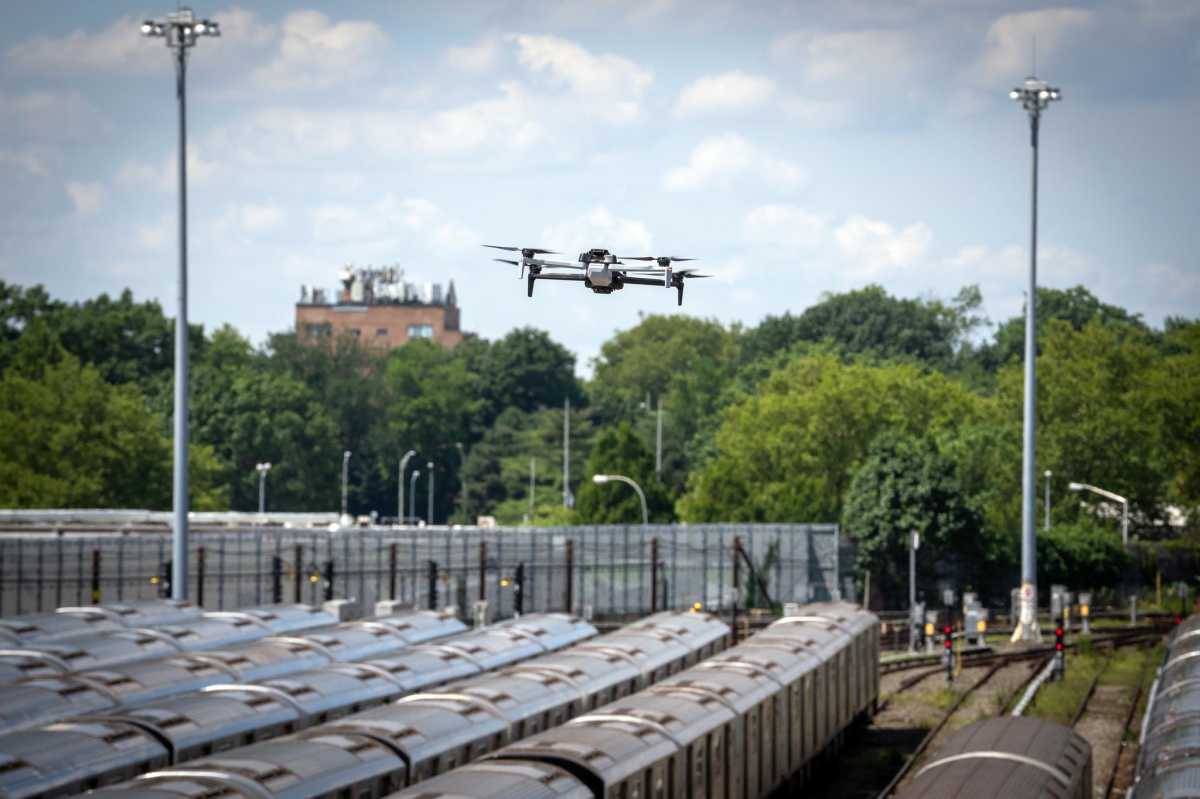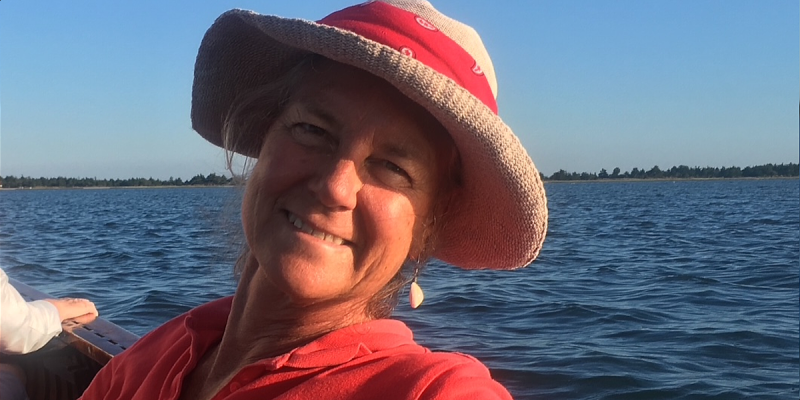CHISINAU (Reuters) – Moldova expects to receive the first batch of COVID-19 vaccines under the global COVAX scheme in mid-February, its health ministry said on Monday.
The batch will comprise 24,570 doses of Pfizer-BioNTech vaccines and Moldova has received confirmation of the supply from COVAX, the ministry said in a statement.
Vaccines will be delivered to the National Public Health Agency, which has the necessary conditions for its storage.
The ministry said the first batches of another COVID-19 vaccine, from AstraZeneca, would be shipped to Moldova at the end of February and the country hoped to receive 264,000 doses of that vaccine in the first half of this year.
Moldova registered 159,894 coronavirus cases and 3,438 deaths, as of Feb. 1.
A small ex-Soviet republic sandwiched between Ukraine and EU member state Romania, Moldova has said it plans to receive enough free vaccines through the COVAX scheme to vaccinate 20% of its 3.5 million population.
Later, Chisinau plans to purchase vaccines through COVAX at a reduced price.
In December, Romanian President Klaus Iohannis said Bucharest would donate 200,000 doses of the Pfizer-BioNTech vaccine to Moldova, in a gesture of solidarity following the election of the pro-Western President Maia Sandu.
Chisinau has said it can share vaccines with its breakaway region of Transdniestria, while Tiraspol authorities say the region will use Russia-made vaccines.
Transdniestria nominally seceded from Moldova in 1990, one year before the dissolution of the Soviet Union, fearing the country might shortly merge with Romania, whose language and culture it broadly shares.
The separatist region fought a brief war with Moldova in 1992 and declared itself an independent state, though it remains unrecognised by any country, including Russia.
(Writing by Pavel Polityuk. Editing by Mark Potter)


